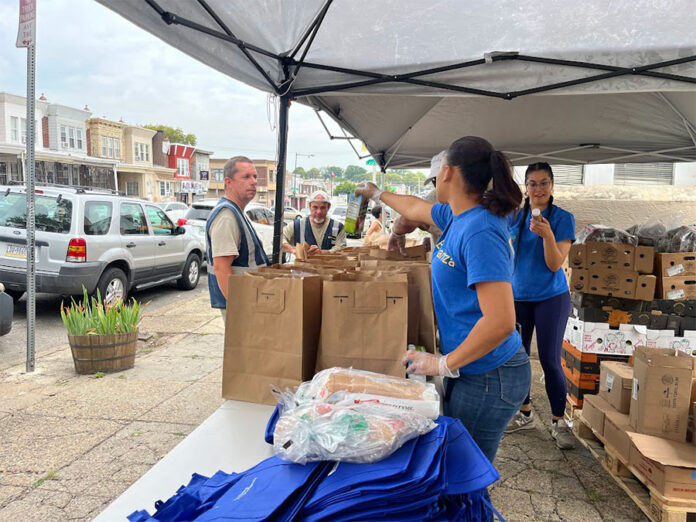
In Philadelphia, nearly 16.3% struggle with food insecurity, meaning that they do not have access to adequate food because they can’t afford or lack the resources to access it. Latinos in the City have the highest food insecurity rates, which was 25% in 2020, according to Philabundance. As inflation contributes to an increase in the price of food and the end of the additional SNAP payment in early 2023, members of the community are struggling to find nutritious food for their families.
Impacto recently attended one of these events as part of a larger story on food security and community-based supports.
“This is a service that is always needed. Even though we receive certain aids and help, everything is so expensive and it’s not enough. With this help, we can get some of the things that we need off our chest. I’ve come more than 6 times and whenever there is free food I am always there. I also take bags for my friend who doesn’t have a car and is poor and struggling. I just wish that more people can know about it.” one of the participants explained.
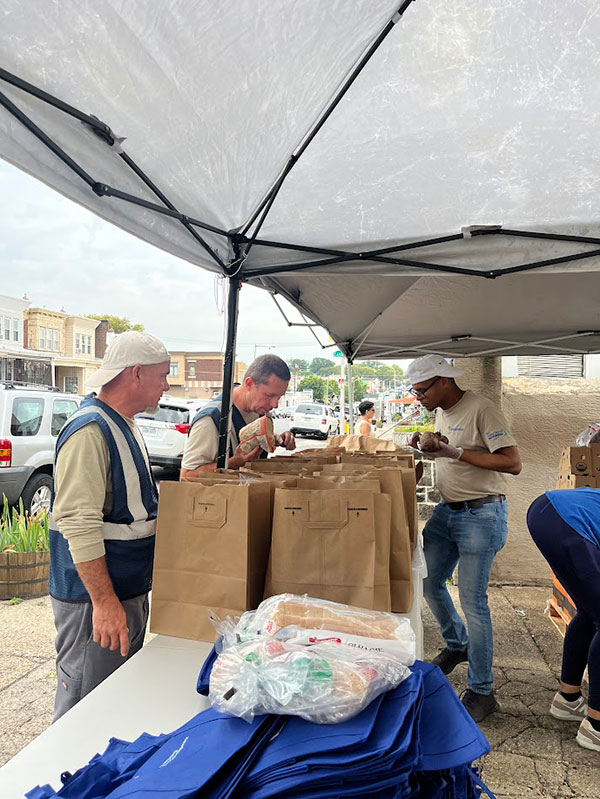
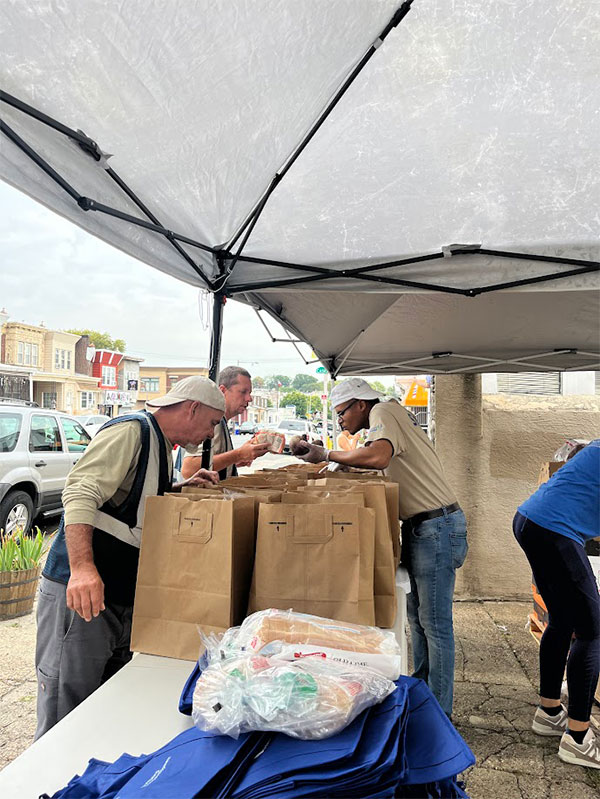
One in seven Americans, or 43 million of the country’s population, rely on food service programs like this one to feed themselves and their families.
Nonetheless, many people within the neighborhood may not know about food distributions happening around them. This is why people within the community come to these events and grab bags for other people in need.
In the most recent Esperanza food distribution event, a woman explained how she ran into a mother in the streets who just arrived in Philadelphia from Ecuador with her children.
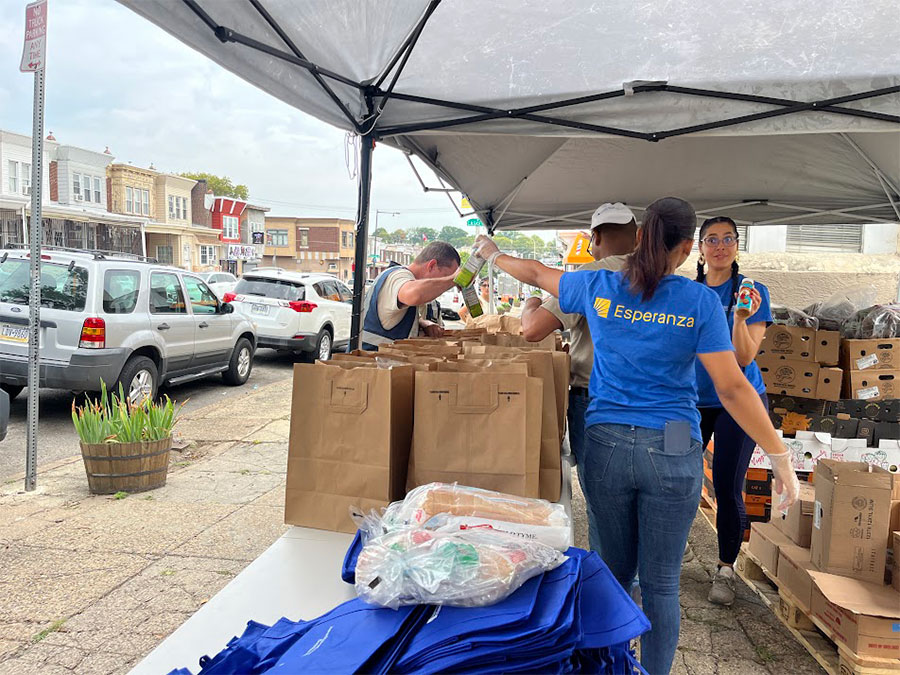
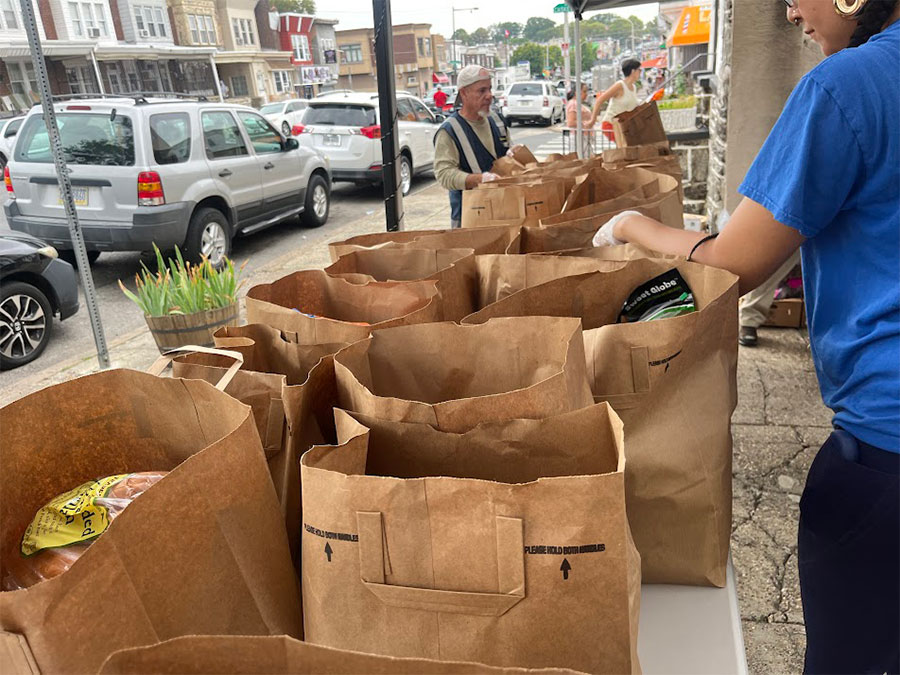
“Once I saw this food distribution going on here, [I thought] might as well bring her food. It’s so sad to see the mother struggling and to just move to a new country is hard,” the lady said.
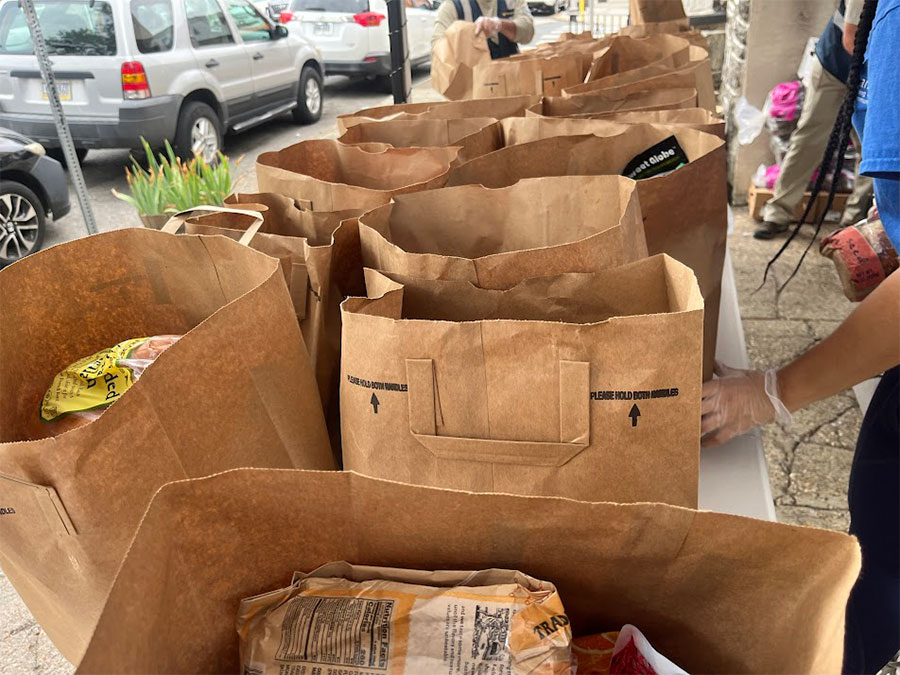
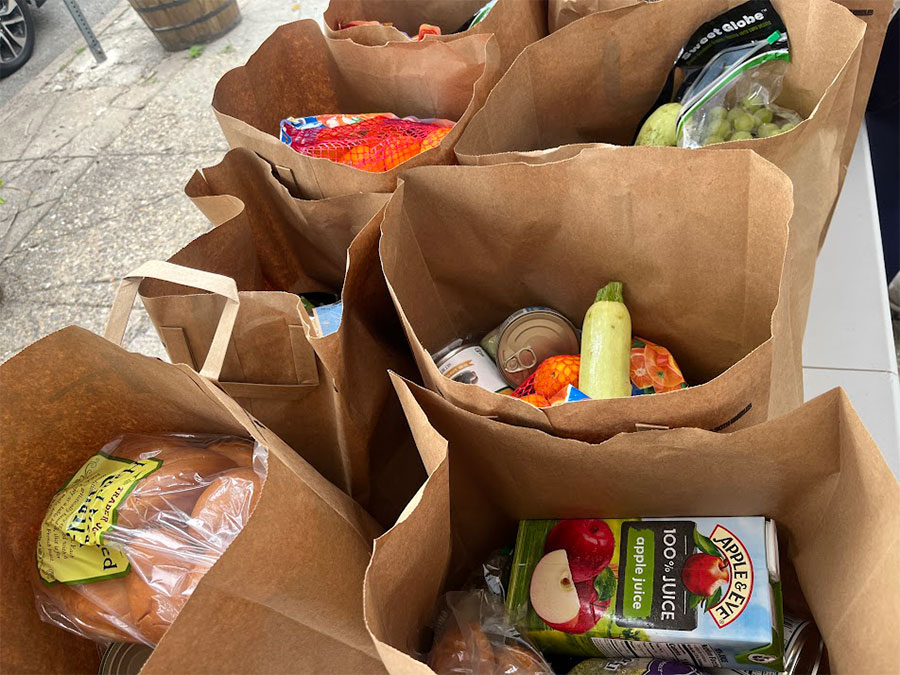
For public health experts, food insecurity is a concern, and they see distribution programs as a great resource that can help improve health outcomes.
“This need [for food] has always been there, food deserts have always been there. But it’s something that I think has gotten worse over time due to inflation and COVID has exacerbated it.” Christina Gareis said. She is the Community Public Health Coordinator at Esperanza.
Around 50-100 people attend the food distribution every month. Esperanza’s food distributions occur on the 2nd Thursday of each month at 4433 N 5th Street (5th Street Garden) at 9:30 AM. For inquiries, you can call Esperanza at (215) 324-0746.






















